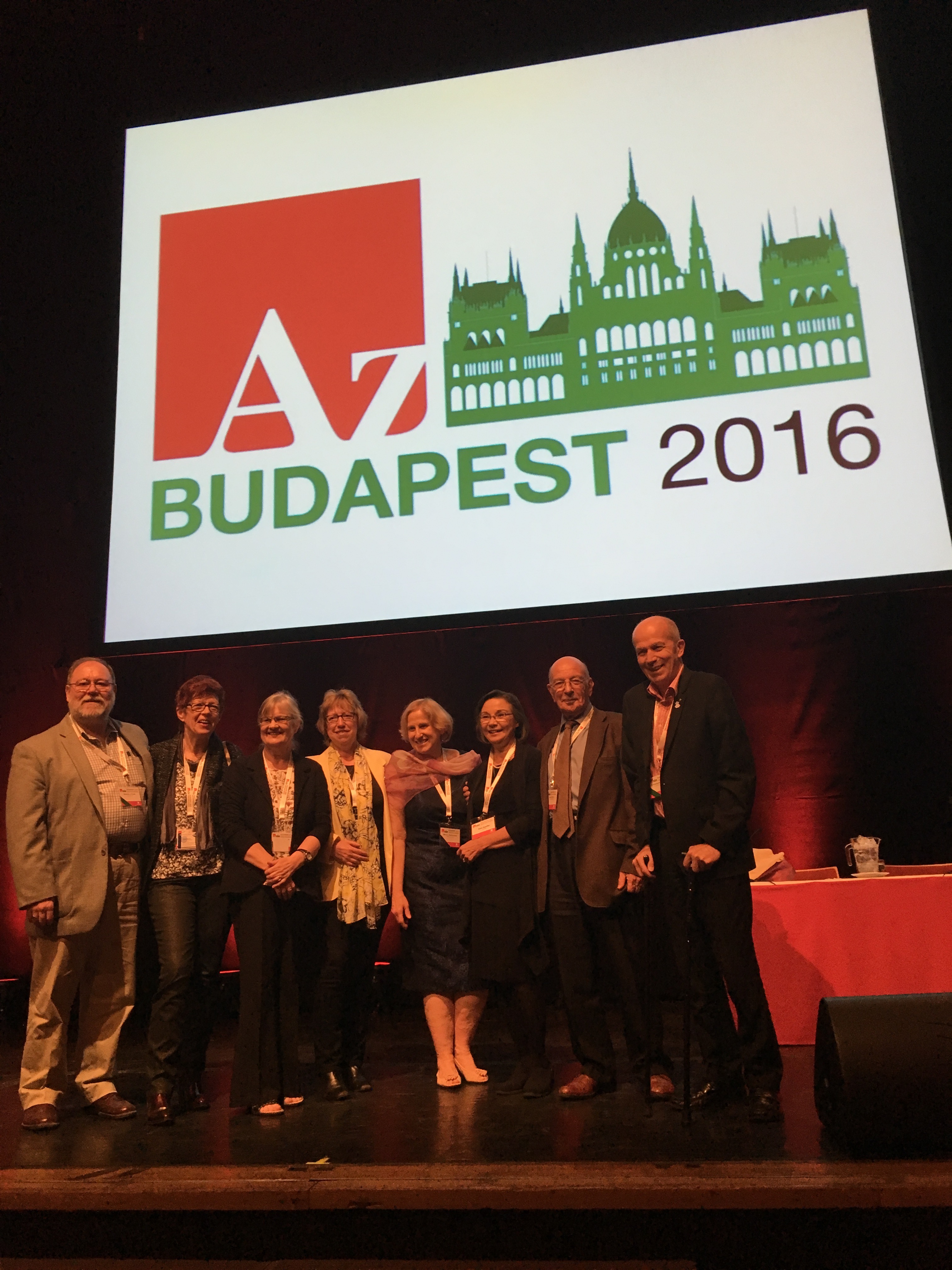It was a huge achievement for Prof Peter Mittler, human rights advisor to Dementia Alliance International, to get human rights firmly on the map last week. Dementia Alliance International is the main peak body for people with dementia, working closely, but autonomously, with the hugely influential Alzheimer’s Disease International.
We have to talk about the Dementia Alliance International. This is a group entirely of people who are ‘living beyond dementia’, in the phraseology of their leader Kate Swaffer, campaigning for the needs of people living with dementia.
This can mean that they are often highly sought after for their independent, yet massively influential, views. Prof Mittler CBE has a long and distinguished career in the intellectual disabilities, and now currently lives with dementia. Mittler was indeed one of the leaders who helped to establish the UN Convention on Rights for People with Disabilities.
Mittler’s voice is therefore an authentic and learned one. He has much experience in navigating through the maze that is the policy territory of international NGOs. It was therefore pretty predictable therefore that the resolution he worked on for Dementia Alliance International, with Neil Crowther, would be unanimously assumed by the Alzheimer’s Disease International. This means that rights-based advocacy has now been delegated to all the national dementia societies to implement at a local level.
I believe the way forward in ‘activism’ for human rights needs above all to have authenticity. People with dementia need to be leading from the front, taking charge of the campaign. This is a cardinal example of authentic leadership from the front being much more convincing than ’empowerment or engagement’.
This means that an approach based on slick presentations and booklets with relevant case studies, for the benefit for commissioners, will not be effective in embedding a rights-based consciousness for rights, akin to the racial civil rights movement of Martin Luther King or the democratic movement of Mahatma Gandi.
This means that glossy pitches, grants and Powerpoints in town halls will not be the defining factor for embedding a rights-based culture.
Where I think the town halls will be useful will be in building up a ‘guiding coalition’ of people with similar values, such as other groups which are at the forefront of equality and campaigning against discrimination – e.g. groups campaigning for race-related rights, or rights of people with intellectual disabilities.
But again, such a manner of campaigning solely through this formulaic approach would be highly naïve, bordering on disingenuous, here. Human rights are universal and inalienable – this means they can’t be easily siloed off according to which ‘protected characteristic’, e.g. sexual orientation, age, has been breached on any one particular occasion.
Take for example a right to health, or a right to independent living, under the current framework of global policy on sustainable communities. People with dementia often are not only living with dementia: ergo, policy and campaigning should not treat them as if they are only living with dementia, even if this is a useful corporate third sector construct.
We need to get away from the idea, running through English policy like letters in a stick of rock, that dementia is a condition to be gamed for the purposes of writing grants, for example in human rights.
Above all, people with dementia, not anyone else, must be leading the campaign on rights based advocacy.
Martin Luther King wasn’t white.
Mahatma Gandhi wasn’t from Slovenia.
A rights based advocacy approach for dementia in England can be achieved to a limited extent even if fronted by big charity and associated enterprises belatedly jumping on the bandwagon. But I don’t deny they also serve an important function in ‘playing the system’ – but this is not really what campaigning for rights is about. And they also have the big £££££.
Authentic organisations like Dementia Alliance International, going local, are the key.
The conundrum is quite literally this: Only people with dementia can do it, but they can’t do it alone?

